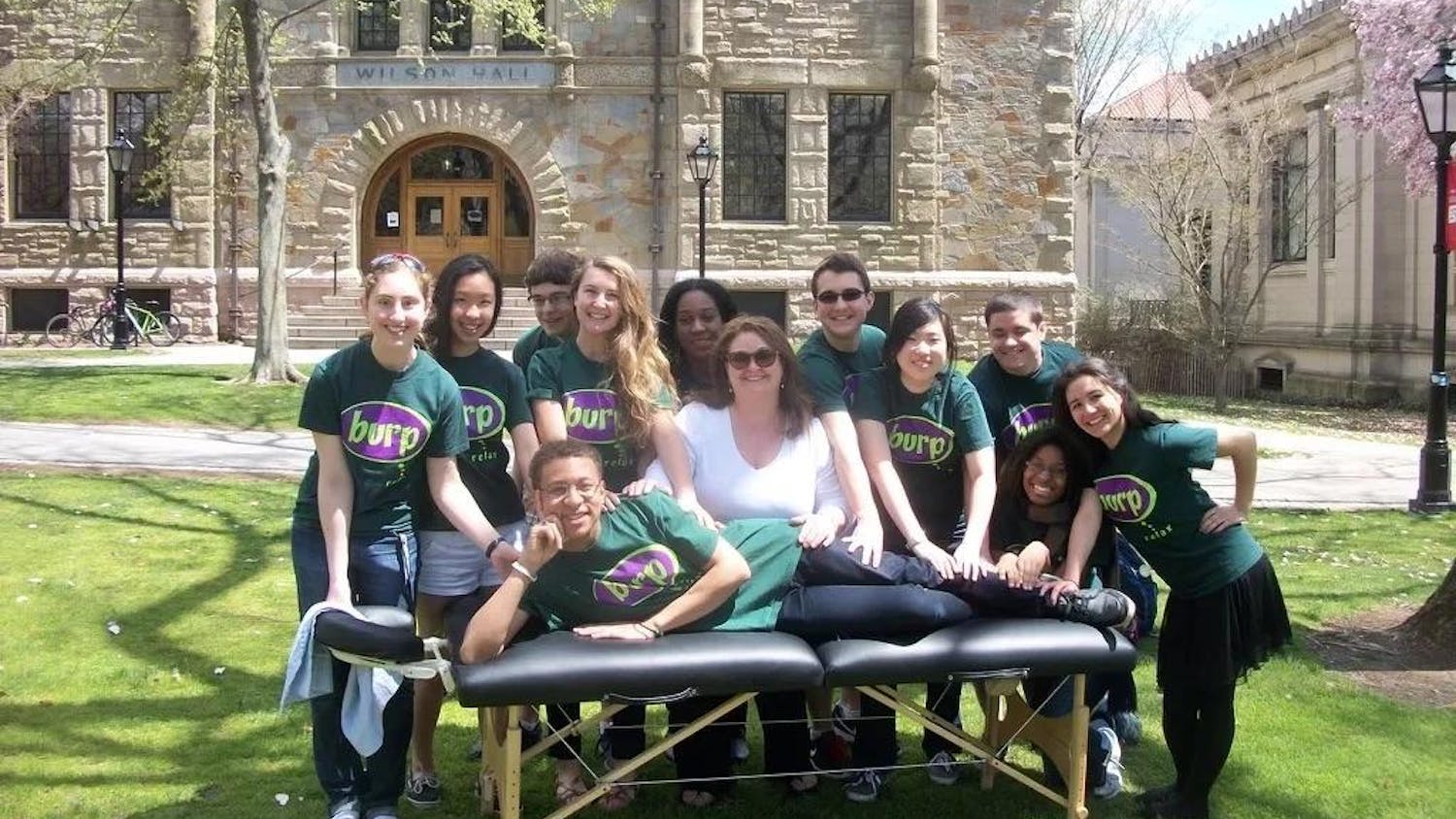The University Resources Committee made a recommendation to the Corporation earlier this month that the freeze placed on faculty and staff salaries be lifted in the next year's budget. Last year's budget initiated a freeze on all University employee wages due to the harsh economic climate.
Should the recommendation be acted upon by the Corporation when the budget is passed later this month, it would allow President Ruth Simmons' Plan for Academic Enrichment to continue in its efforts toward creating competitive faculty and staff wages, said Provost David Kertzer '69 P'95 P'98, who also chairs the URC.
"One of the goals of the Plan for Academic Enrichment was to ensure that Brown did have competitive salaries to ensure that we can build the best faculty possible," he said.
The plan was successful in bringing Brown closer to its competitors in terms of median staff and faculty salary by 2006, said Dean of the Faculty Rajiv Vohra P'07.
"In the first few years of the plan we made rapid progress," he said. "By 2006, in terms of where we stood as far as median salaries are concerned, we had made up for that gap."
But by 2008, these improvements had deteriorated due to changing economic conditions and cautionary measures that were implemented in the budget, Vohra said.
"We undertook some cautionary measures when the budget was to be decided. Salaries of senior administrators — those receiving more than $175,000 — were frozen and faculty salaries went up only by four percent," he said.
At the same time, Vohra noted that peer universities were still increasing their salaries at the normal rate — about five to six percent.
In 2009, University salaries took an even greater toll when the budget included no salary increases for any faculty or staff.
"Last year we were faced with having to very quickly cut $35 million from our prospective budget with very little time," Kertzer said.
"One of the levers you can most easily pull to save millions of dollars is freeze salary increases," he added.
Both Vohra and Kertzer noted that Brown was not alone in its 2009 salary freezes.
"Last year it was hardly uncommon for universities to have zero salary increases," Vohra said. "We were part of the much larger scenario."
Despite similar trends at other peer institutions, zero salary increases are an unprecedented figure for Brown, Vohra said.
Kertzer said this year, the economic environment will allow for salary increases.
"We are still faced with having to cut tens of millions from the budget," he said. "But we have had the opportunity to do the organizational review to look at ways we could effect savings without affecting the core of the student experience."
Vohra said the decision to lift the salary freeze was made for two main reasons: to increase Brown's competitiveness with peer universities and to maintain employee morale.
"I think perhaps we have a window of opportunity in which we can make up for the grounds that we already lost," he said. "It boils down to making sure that we remain competitive."
Vohra and Kertzer both recognized the importance of keeping faculty and staff morale high.
"To have no salary increases means you are unable to reward even the most productive employees," Vohra said.
"A zero increase means that everyone is treated the same, regardless of their accomplishments, and that's a problem in itself, I think," he added.
Kertzer said that he is impressed with the dedication of University staff.
"Their good work is key to the good functioning of Brown. Nothing would function if they weren't there and working well," he said.
The general sentiment among faculty and staff regarding this year's salary freezes has been an understanding one, said Chung-I Tan, professor of physics and chair of the Faculty Executive Committee.
"The University has to make priorities," he said. "The priority right now is to maintain what we have set for the University, which include preserving academic programs as well as making sure that students' interests are being taken care of while they are on campus."
"In this difficult time I think everybody agrees that the budget is pretty tight," he said.
Kertzer made similar observations regarding faculty and staff reaction.
"It was widely understood that last year was an extraordinary one," he said. "I heard no criticism from faculty or staff."
Vohra noted that some faculty had gone as far as to advocate for another year of salary freezes due to the economic climate.
"I think that even today, there are some faculty who are here saying that we have such a difficult task ahead in cutting $30 million from next year's budget, that perhaps there shouldn't be an increase," he said. "However, I do worry that if (the freezes) were to continue, there could be more long-term impact on faculty and staff morale. We don't want to see our faculty beginning to think about the possibility of greener pastures."
Vohra hopes that the decision to lift the salary freezes will put Brown back on the track that it was on before 2006.
"I think we are well-positioned but I wouldn't say that we can be complacent," he said. "It's going to remain a challenge, but if we are able to ensure that we do not lose ground in the next few years, then we should ensure we will be in a reasonable place for the years to come."




